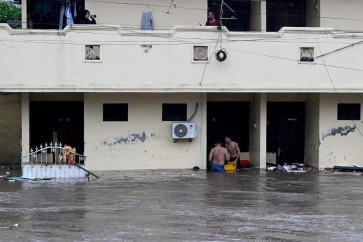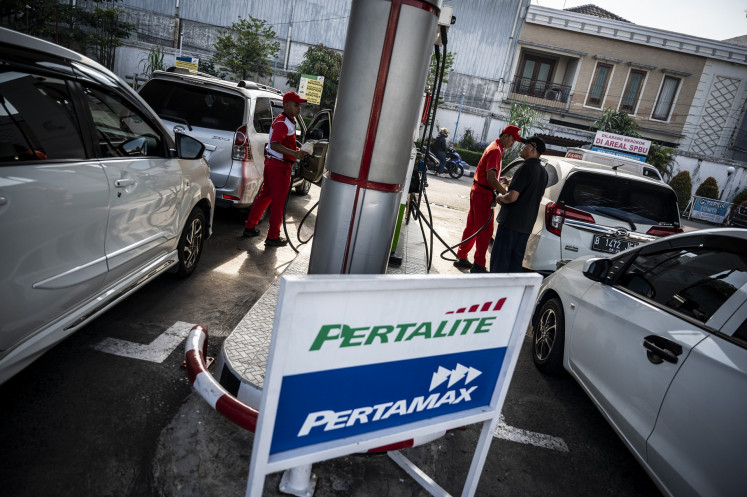Popular Reads
Top Results
Can't find what you're looking for?
View all search resultsPopular Reads
Top Results
Can't find what you're looking for?
View all search resultsYour letters: The sky fell last month
The sky fell on Hawaii last month, all because carbon dioxide levels peeped above the much-hyped 400 parts per million (ppm) hurdle
Change text size
Gift Premium Articles
to Anyone
T
he sky fell on Hawaii last month, all because carbon dioxide levels peeped above the much-hyped 400 parts per million (ppm) hurdle. Chicken Littles all over the world squawked into their friendly media megaphones about numerous imminent global warming disasters. One warned: 'The fate of the world hangs in the balance.' (Similar alarms were rung when the 350 ppm level was passed.)
But nobody else noticed anything scary. Four pieces of well-established evidence say that 400 ppm of carbon dioxide in the atmosphere is not a concern. First, there has been no increase in global temperatures since 1998, despite 16 years of rising carbon dioxide levels and heavy usage of carbon fuels. Clearly, CO2 is not the main driver of global temperatures.
Second, ice core records show clearly, with no exceptions, that all recent ice ages have commenced when the atmosphere contained relatively high levels of carbon dioxide.
The temperature fell first, and then carbon dioxide levels fell. This proves that high carbon dioxide levels do not guarantee a warm globe, but could suggest that they may be a harbinger of a coming ice age. Ice will cause far more damage to the biosphere than the even the worst warming forecast.
Third, current levels of atmospheric carbon dioxide are not extreme or unusual. Carbon dioxide reached 2,000 ppm in the luxuriant era of the dinosaurs, and 10 times current levels (4,000 ppm) when the great Devonian coral reefs were flourishing. There is no tipping point into runaway global warming, or we would have tipped eons ago. Finally, current carbon dioxide levels are just above starvation levels for plants. All vegetation would grow stronger, faster and be more drought resistant and heat resistant if carbon dioxide levels trebled to 1,200 ppm.
Such levels are no threat to humans ' US submarines operate at up to 8,000 ppm for cruises of 90 days.
Viv Forbes
Rosewood, Queensland, Australia










